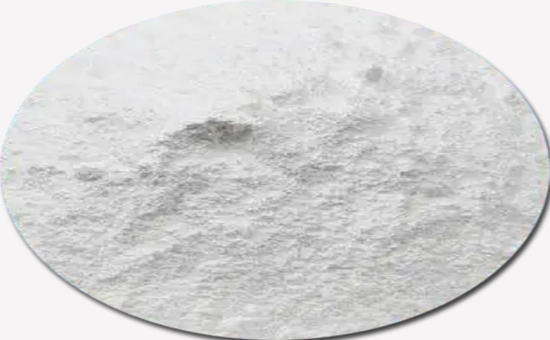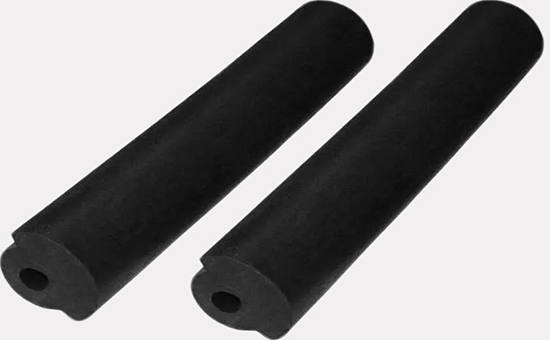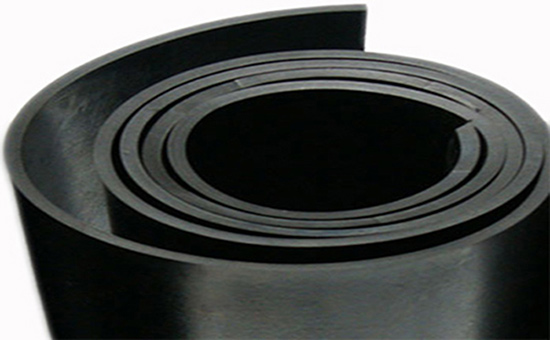
Peroxide vulcanizing agent is a class of organic compounds containing O-O bonds, which is an important part of the vulcanization system of rubber products, mainly used to promote the vulcanization process of rubber. Peroxide vulcanizing agents decompose when heated to produce free radicals that react with rubber molecules to form cross-linked structures that give rubber specific physical and chemical properties. Will peroxide be used in the production of various types of rubber products from recycled rubber? Which ones are more common? What problems should be paid attention to when using peroxide vulcanization of reclaimed rubber?
1. Varieties of peroxide vulcanizing agents
There are two main types of peroxide vulcanizing agents commonly used in the rubber products industry. One is a carboxyl-containing peroxide, such as dibenzoyl peroxide (BPO); These peroxides are less sensitive to acids and have a low decomposition temperature. the other is a carboxyl-free peroxide, such as cumene peroxide (DCP); It is highly sensitive to acids and has a high decomposition temperature.

2. Characteristics of reclaimed rubber peroxide vulcanized rubber
The cross-linking network of the reclaimed rubber vulcanized with peroxide vulcanization is C-C bond, with high bond energy and good chemical stability, which can endow the vulcanized rubber with excellent thermal 2SLYY111 and oxidative aging resistance, low compression set, good elasticity, good color stability, no pollution, and most peroxides are not frosted. EPDM reclaimed rubber is commonly used for peroxide vulcanization in the production of rubber sealing products, and peroxide vulcanization can also be used in the production of rubber products with natural rubber and general synthetic rubber.
Peroxide vulcanizing agents have some disadvantages, including: (1) slow vulcanization at low temperatures, which requires a higher vulcanization temperature; (2) The physical and mechanical properties of peroxide vulcanized rubber are low, including tensile strength, tear strength, wear resistance, etc.; (3) Most peroxides have odor and may react with other compounding agents. When using reclaimed rubber to produce rubber products, peroxide and sulfur are sometimes used together to balance the heat resistance and physical and mechanical properties of reclaimed rubber vulcanized rubber.
3. Reclaimed rubber peroxide vulcanization system matching

When the reclaimed rubber is selected for peroxide vulcanization, triallyl isocyanate (TAIC), triallyl phosphate (TPA) and a small amount of sulfur can be used to improve the crosslinking efficiency. Zinc oxide is added to improve the aging resistance of reclaimed rubber vulcanized rubber, and the dosage of stearic acid should be less to avoid excessive dosage and reduce crosslinking efficiency. Amines and phenolic antioxidants can interfere with peroxide cross-linking, and the above varieties of antioxidants should be used less in the vulcanization formula of reclaimed rubber using peroxide. It is recommended to use paraffin oil for softening plasticizing system, and try to avoid using naphthenic oil, aromatic oil and other operating oils that interfere with the peroxide crosslinking reaction.
When the reclaimed rubber products are selected for peroxide vulcanization, the amount of peroxide is generally controlled at 1.5-3 parts, and the use occasions, specific dosages and compounding methods of different varieties of peroxide vulcanizing agents are different; In the future, Xiaobian will continue to share with you the formula of reclaimed rubber peroxide vulcanized rubber and specific applications.
Exclusive original article [commercial authorization] reprint, excerpt and excerpt in any form are prohibited without written authorization. Focus on Hongyun rubber: learn the process formula and raw material technology of producing rubber products from recycled rubber to help you reduce costs and increase profits